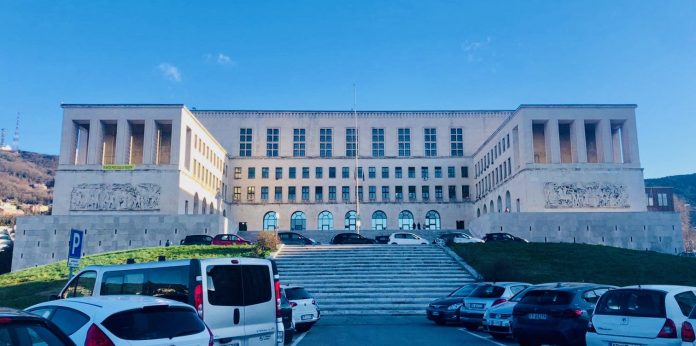by EH
In a bid to elevate the standard of education, the Region is striving to emulate the notable quality enhancement witnessed in the university system of Friuli Venezia Giulia within the realm of general education. This endeavor, highlighted by regional officials, underscores the pivotal role of internationalization, with mobility initiatives such as Erasmus projects serving as indispensable instruments. Additionally, the recognition and promotion of minority languages indigenous to the region are emphasized as integral components of this educational overhaul.
The sentiments were articulated by the regional assessor for Labor, Training, Education, and Research during the commencement of the national conference hosted by Indire, titled “Lta Peace Friuli Venezia Giulia: promoting civic participation through mobility projects,” convening in Trieste over a two-day period.
Amidst the discourse, the assessor unveiled plans for fresh regional resources earmarked for educational initiatives, aimed at fortifying a system poised for growth along both vertical and horizontal axes. Vertically, efforts will concentrate on fostering seamless transitions from academia to the professional realm, while horizontally, a spotlight will be cast on geographic mobility and internationalization, acknowledged as fertile ground for collective and individual advancement.
Citing collaborative endeavors with prestigious institutions such as MIT in Boston, the government representative expressed gratitude to key figures facilitating these educational reforms. Special recognition was extended to the directors of the education service of the Region and the regional school office, as well as the president of Indire, for their pivotal roles in spearheading these initiatives and selecting Friuli Venezia Giulia as the host location for this significant national event, underscoring the region’s evolving significance in educational discourse.
This gathering forms part of the overarching objectives of the Erasmus+ program, seeking to influence the development of comprehensive European policies. Central to these efforts is the Peace project (Participation Erasmus Alumni for Civic Engagement), orchestrated by the National Agency Erasmus+ Indire. The project aims to galvanize civic engagement among European youth and Erasmus+ participants, thereby fostering active participation in democratic processes.





























